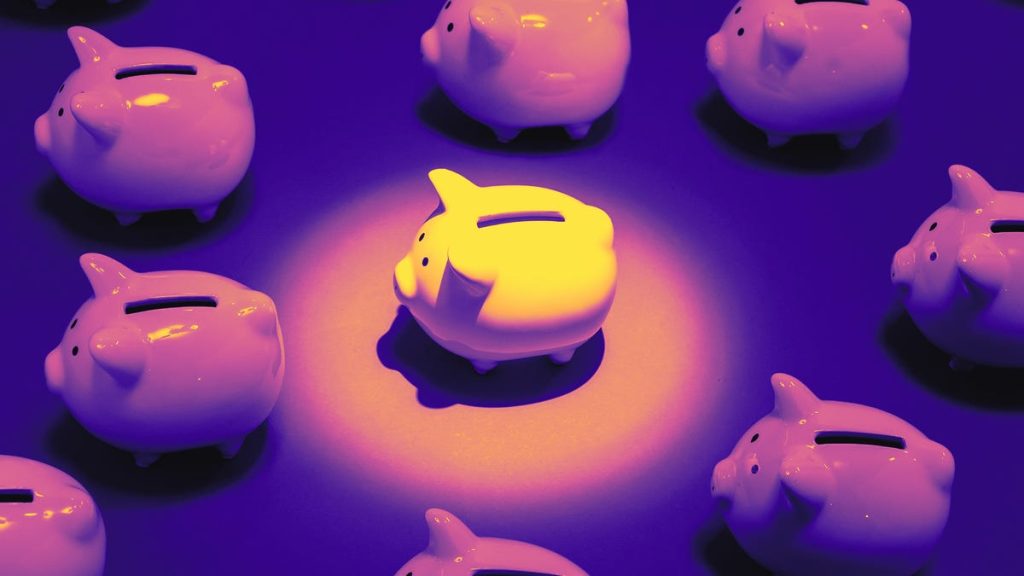The Federal Reserve recently made a decision that will have implications for your savings. The Fed announced that it will raise interest rates by 0.25%, marking the first rate hike since 2018. This increase is a response to rising inflation and aims to slow down economic growth to prevent overheating. The rate hike will result in higher borrowing costs for consumers, which could impact your savings in various ways.
One immediate impact of the Fed’s decision on your savings is that you may earn higher interest on your savings accounts and other investments. Banks often raise their savings account rates in response to higher Fed interest rates, so you could see a modest increase in the interest you earn on your savings. This can be beneficial for those who rely on interest income to supplement their savings. However, the increase in interest rates may not be significant enough to make a substantial difference in your savings earnings.
On the flip side, the higher borrowing costs resulting from the Fed rate hike could also affect your savings. If you have loans with variable interest rates, such as credit card debt or adjustable-rate mortgages, you may see an increase in your monthly payments. This could put a strain on your budget and make it harder to save money or meet other financial goals. It’s important to review your borrowing situation and consider refinancing or consolidating debt to minimize the impact of higher interest rates.
Additionally, the stock market may also be affected by the Fed’s decision, which can have indirect consequences for your savings. Higher interest rates often lead to lower stock prices, as it becomes more expensive for companies to borrow money for expansion or operations. If you have investments in the stock market, you may see declines in the value of your portfolio as a result of the rate hike. However, it’s important to keep in mind that market fluctuations are normal and typically temporary, so it may not be necessary to make drastic changes to your investment strategy.
Another consideration for your savings in light of the Fed rate hike is inflation. The Fed’s decision to raise interest rates is partly motivated by concerns about rising inflation, which erodes the purchasing power of your savings. Inflation causes prices to rise over time, so your savings may not go as far in the future as they do today. It’s important to adjust your saving and investment strategies to account for inflation and ensure that your savings are growing at a rate that outpaces rising prices.
Overall, the Fed’s decision to raise interest rates will have both positive and negative effects on your savings. While higher interest rates may lead to increased savings account earnings, they can also result in higher borrowing costs and potential stock market declines. It’s important to monitor the impact of the rate hike on your savings and adjust your financial strategy accordingly to ensure that your savings continue to grow and support your long-term financial goals.


